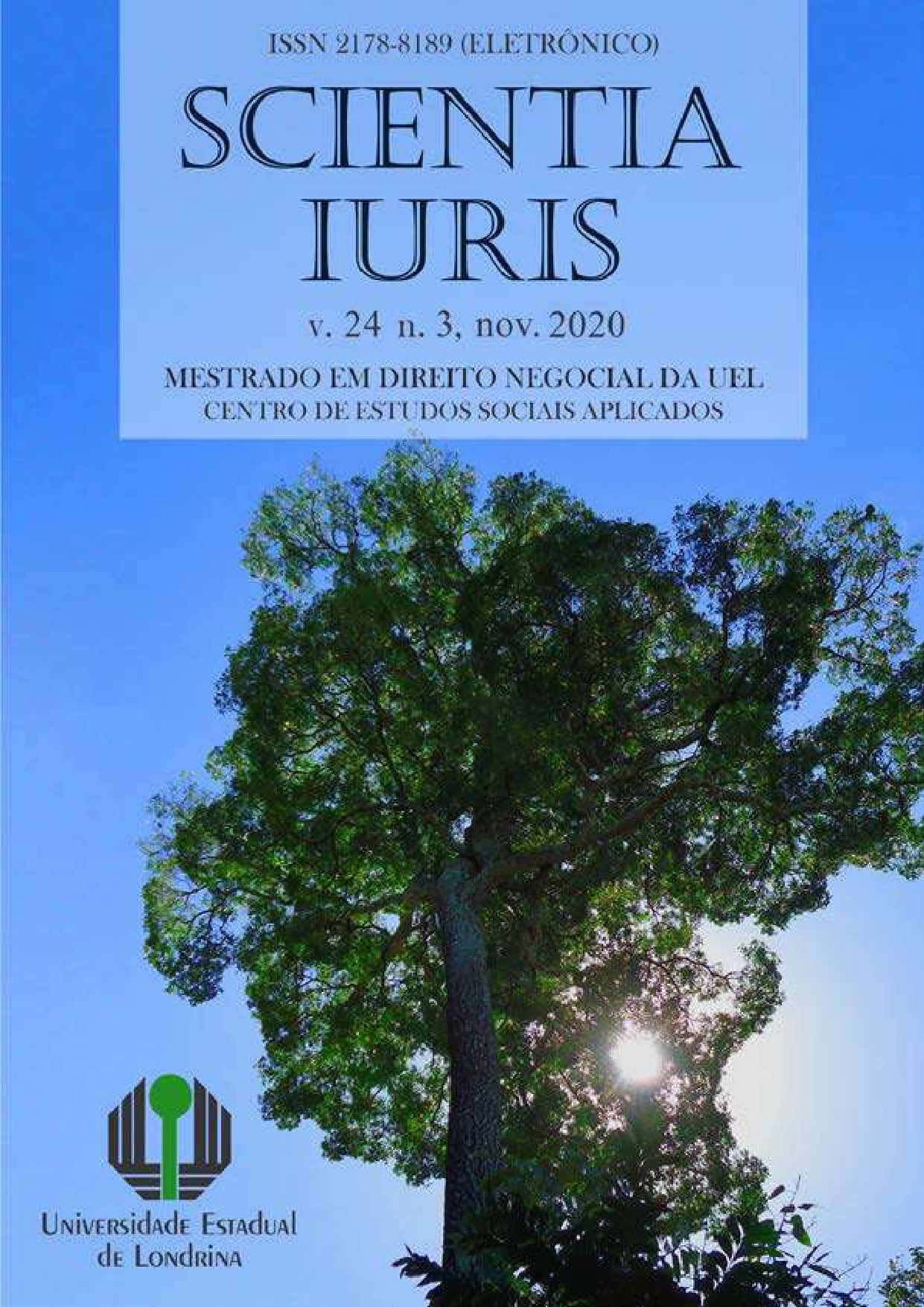"South Dakota v. Wayfair" and the source-destination conflict in brazilian e-commerce
DOI:
https://doi.org/10.5433/2178-8189.2020v24n3p195Keywords:
Tax Law. Fiscal Federalism. Digital economy. ICMS. Practicability.Abstract
The "South Dakota v. Wayfair" case profoundly altered American fiscal federalism as well as the application of US Tax Law. Thus, based on an analysis of the decision of the US Supreme Court (which ruled that the states in which the consumers of Internet sales reside could demand taxes on goods and services in interstate operations, and that the physical presence of the companies in these units of the federation is unnecessary), a comparison is made with the reality of e-commerce in Brazil, especially with regard to Constitutional Amendment No. 87/2015. In addition, normative acts of the Organization for Economic Cooperation and Development (OECD) are analyzed, demonstrating that origin-destination conflict is also a current concern of the European Union. Finally, it is concluded that the case "South Dakota v. Wayfair" and the discussion of taxation of ICMS on destination in electronic commerce (Constitutional Amendment No. 87/2015) should be understood within the current context of the challenges of taxation in the digital economy.
Downloads
Downloads
Published
How to Cite
Issue
Section
License
Copyright (c) 2020 Scientia Iuris

This work is licensed under a Creative Commons Attribution 4.0 International License.
The journal reserves the right to modify, in the original text of the submitted article, normative, spelling and grammatical mistakes in order to maintain the cultured standard of language and the credibility of the journal. The journal will respect the authors' writing style. Changes, corrections or suggestions of conceptual order will be sent to the authors, when necessary. In such cases, the articles will be re-examined. The final exams will not be sent to the authors. The published works become the property of the journal, in other words, its total or partial reprinting is subject to the express authorization of the journal. In all subsequent citations, the original source of publication shall be cited and in the case of Photographic Speeches, shall be approved by the original author. The opinions expressed by the authors of the journal's articles are of their sole responsibility.


















